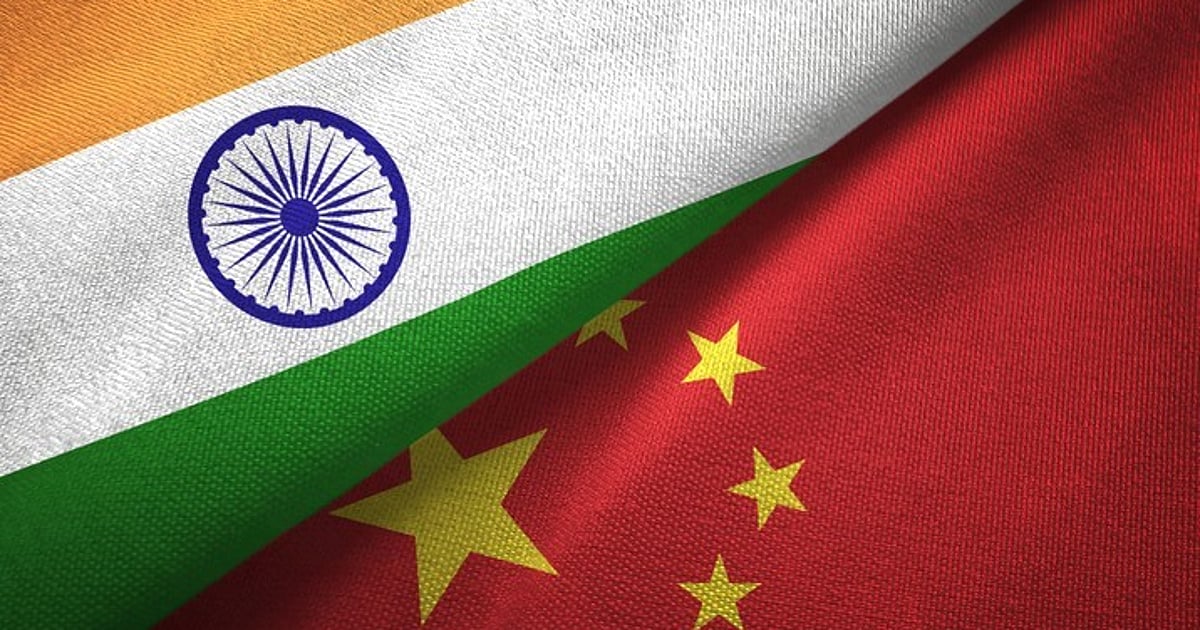 |
|
The Indian National Congress party has expressed strong reservations regarding the Modi government's decision to normalize relations with China, demanding a clear and comprehensive explanation for the timing of this move. Congress leader Jairam Ramesh highlighted a lack of satisfactory justification from the government, raising concerns about the strategic implications of such a significant shift in foreign policy. The statement underscores a deep-seated skepticism within the opposition regarding the government's approach to managing the complex and often tense relationship between India and China. The lack of transparency, according to Congress, fuels suspicion and raises questions about potential compromises that might undermine India's national interests.
The core of Congress's criticism revolves around the perceived absence of a compelling rationale for normalizing ties with China at this particular juncture. Given the ongoing border disputes, unresolved territorial claims, and China's increasingly assertive foreign policy in the region, the Congress party argues that the government's decision lacks strategic clarity and foresight. They contend that the government has failed to adequately address the concerns of the Indian public and explain how this normalization will benefit India, particularly considering the backdrop of past transgressions and unresolved issues. The demand for answers extends beyond mere statements; the Congress party is clearly calling for a detailed account of the decision-making process, including the assessment of risks and potential benefits.
The six questions posed by Jairam Ramesh likely delve into specific aspects of the government's strategy. These questions likely probe the government's assessment of the current geopolitical climate, including China's recent actions and intentions. They will almost certainly focus on the security implications, particularly concerning the border situation and the potential for further Chinese aggression. Economic aspects are another critical element, with questions likely examining the potential tradeoffs between economic gains and national security concerns. The questions would also focus on whether or not the normalization of relations will adversely impact India's relationships with its strategic partners. Finally, the Congress party is demanding transparency concerning any potential concessions India might have made or might be prepared to make in the process of normalizing relations with China. The lack of answers, according to Congress, leaves the nation vulnerable and casts doubt on the government's ability to effectively safeguard national interests.
The political ramifications of this disagreement are significant. The Congress party's challenge serves as a potent tool for political maneuvering, aiming to expose potential vulnerabilities in the government's foreign policy approach. This move also underscores the deepening political divide between the ruling party and the opposition, a division that extends beyond domestic policy to encompass critical aspects of national security and international relations. The debate highlights the importance of open and transparent communication between the government and the public on matters of such national importance, particularly those with far-reaching consequences for India's security and future trajectory. The Congress party's actions raise crucial questions that demand a thorough and convincing response from the Modi government to alleviate public concerns and bolster national confidence.
Beyond the immediate political implications, this episode underscores the need for robust parliamentary oversight of foreign policy decisions. The lack of transparency and detailed justification on the part of the government raises concerns about the checks and balances within the Indian political system. The opposition's demand for answers emphasizes the crucial role of accountability and the necessity of engaging in meaningful dialogue on such momentous decisions. This situation highlights the importance of a transparent and participative approach to formulating and implementing foreign policy strategies, ensuring that the best interests of the nation are prioritized and protected.
In conclusion, the Congress party's criticism of the government's decision to normalize ties with China serves as a critical examination of the current foreign policy landscape. The lack of a clear explanation from the government has sparked a significant political debate, raising fundamental questions about the timing, justification, and potential consequences of this move. The demand for transparency and accountability underlines the importance of informed public discourse in shaping India's approach to its complex relationship with China and emphasizes the need for a clear articulation of the government's strategic goals and the measures taken to safeguard national interests.
